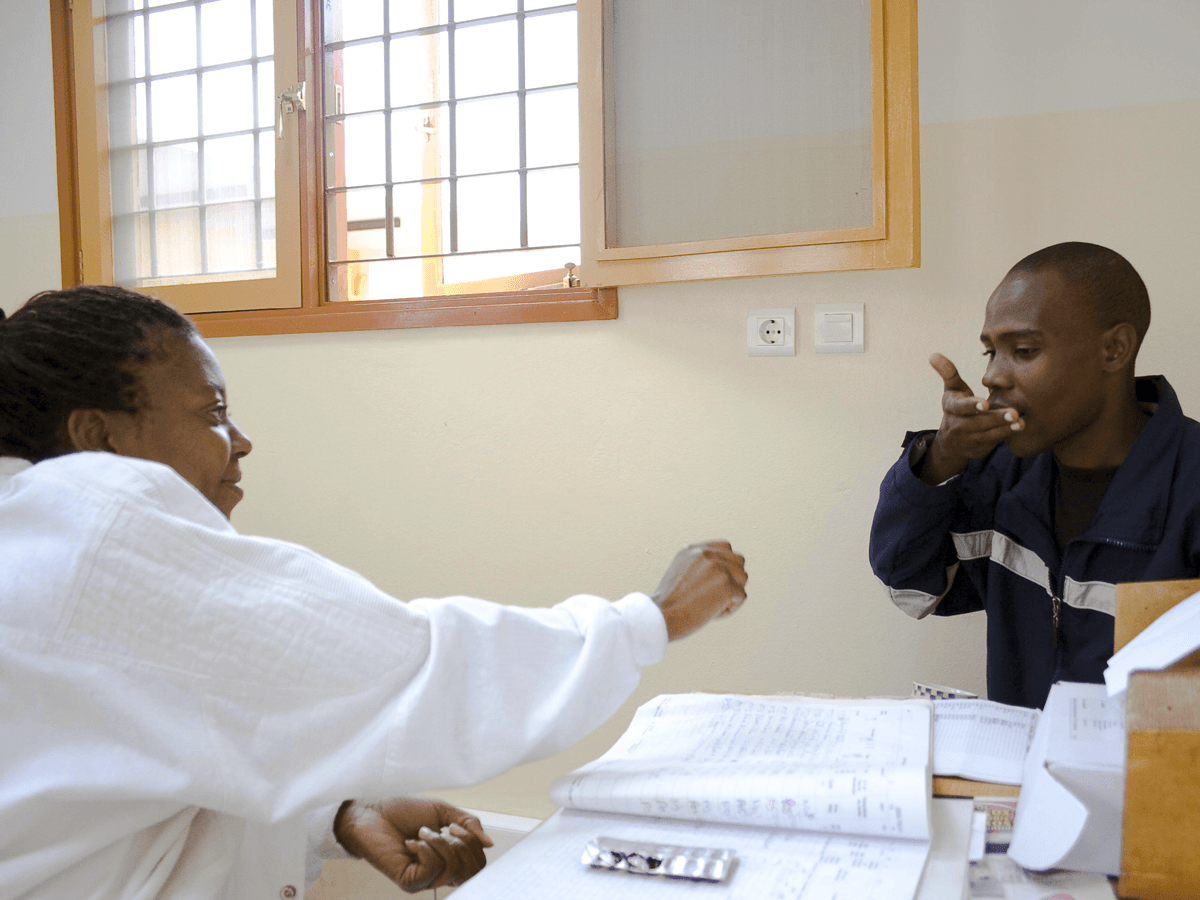ICAP at Columbia University, in partnership with the President’s Emergency Plan for AIDS Relief (PEPFAR), through the USAID-funded OPTIMIZE Project, has developed a health care worker training package for countries transitioning to dolutegravir (DTG)-based regimens for HIV treatment. DTG is an effective, well-tolerated new ARV with a high genetic barrier to resistance and is already available in an affordable fixed-dose combination (FDC) with tenofovir disoproxil fumarate, and lamivudine (TLD).
The rollout of DTG-based regimens, which are now recommended as the preferred first-line antiretroviral therapy (ART) by the World Health Organization (WHO), is a priority for PEPFAR and the global community to help countries reach and sustain the third UNAIDS 90-90-90 goal, namely, that 90 percent of those on treatment will have achieved viral suppression by 2020.
“ICAP’s training package will support the rapid scale-up of TLD by ensuring that comprehensive training materials are readily available to sensitize front-line health care workers and prepare them to appropriately prescribe and manage patients taking these new drugs,” said Elaine Abrams, MD, senior research director at ICAP and a principal investigator in the OPTIMIZE Consortium.
This five-module package includes training slides, facilitator and participant manuals, and a training evaluation, and can be easily adapted to reflect country-specific recommendations. The package also includes two supplemental training modules on pregnancy and breastfeeding and toxicity monitoring.
“ICAP’s work through OPTIMIZE has been instrumental in providing planning and implementation guidance for the transition to more effective antiretroviral treatment,” said Celicia Serenata, technical head at the Wits Reproductive Health and HIV Institute in South Africa, the organization leading OPTIMIZE. “ICAP’s training materials have been adapted in collaboration with the National Department of Health and will be critical in the effort to support the South African government’s plans to implement a new ART regimen in 2019.”
The full package is available on the ICAP OPTIMIZE website, along with the training modules on pregnancy and breastfeeding and toxicity monitoring.
A global health leader since 2003, ICAP was founded at Columbia University with one overarching goal: to improve the health of families and communities. Together with its partners—ministries of health, large multilaterals, health care providers, and patients—ICAP strives for a world where health is available to all. To date, ICAP has addressed major public health challenges and the needs of local health systems through 6,000 sites across 30 countries. For more information about ICAP, visit: icap.columbia.edu
OPTIMIZE is a consortium dedicated to rapidly improving treatment outcomes for people living with HIV by optimizing ARV drugs and formulations and accelerating their introduction in low- and middle-income countries. OPTIMIZE is supported by USAID and led by the Wits Reproductive Health and HIV Institute (Wits RHI). Founding members include ICAP, Mylan Laboratories‚ the University of Liverpool, and the Unitaid-funded Medicines Patent Pool.
USAID is a key implementing agency of PEPFAR and is responsible for over half of all PEPFAR programs with activities focused in 35 priority countries and regions, mainly in sub-Saharan Africa and Asia. For more information, please visit: www.usaid.gov.








